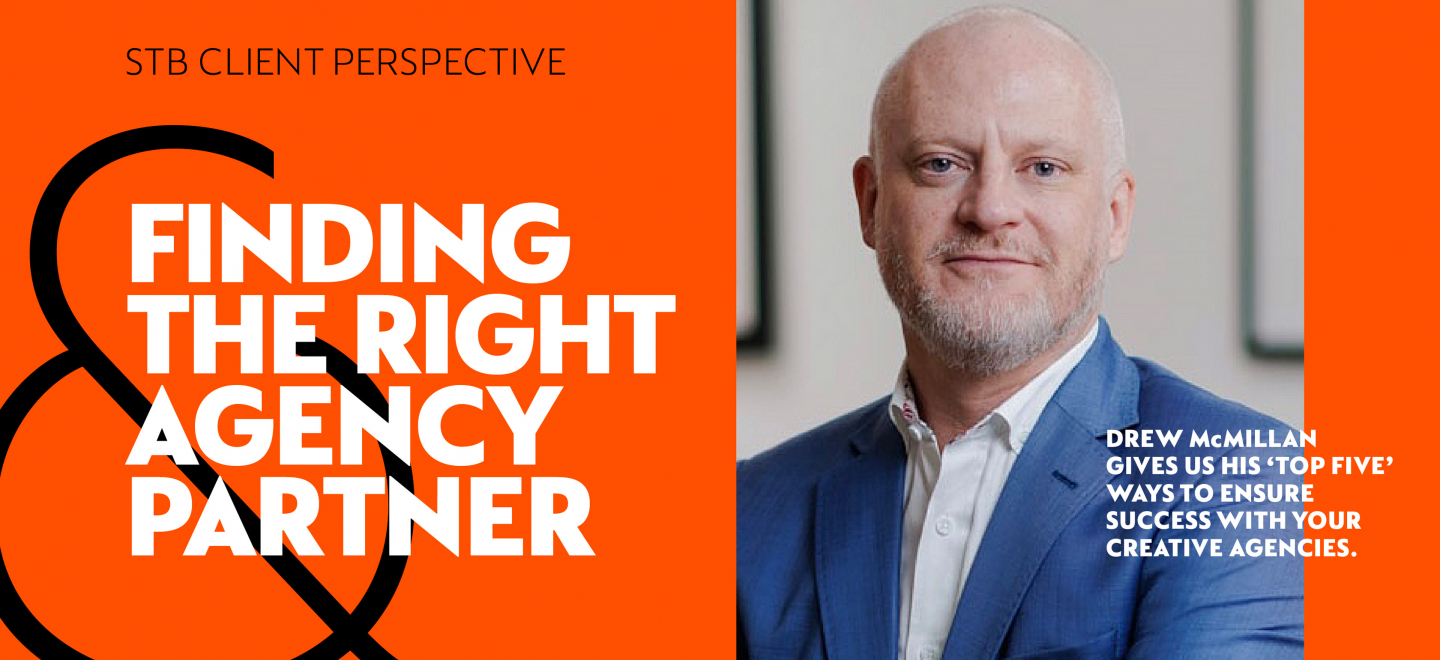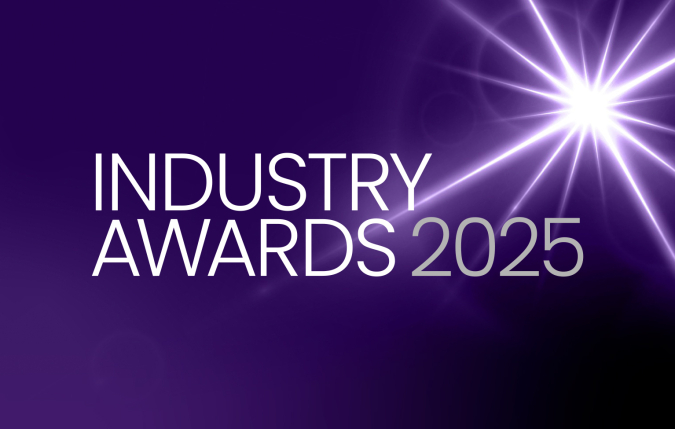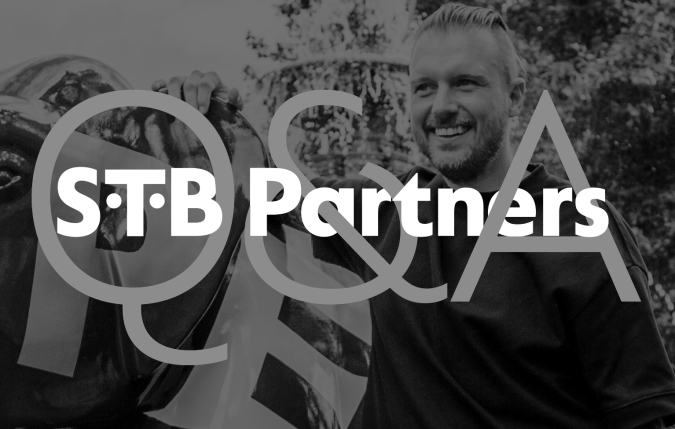
Finding the right agency partner
As a Comms professional of 25+ years, almost always working in-house and responsible for commissioning millions of pounds of creative work over the course of my career, I’ve developed a keen sense of what to look for in an agency, how to engage with them effectively and the ways to get value for money.
I’ve made plenty of mistakes, met some remarkable talent, had a few moments of ‘project hysteria’ and delivered award-winning work. If you walk in the same Comms pro shoes, either in-house or as a contractor who still needs to find and commission creative agency support for your client, some of my experiences and views might resonate with you. I’ve tried to distil things down into five overlapping, interlinking topics. So here they are, my ‘top five’ ways to ensure success with your creative agencies.
1. Beware the ‘Jack or Jill of All Trades’
Earlier in my career, I was dazzled by the growing number of self-styled ‘full service agencies’ which seemed – at a glance – to answer all my prayers. There have been many cycles of consolidation in the agency world, with smaller, independent companies being bought-over and merged into larger agency networks. Sometimes, this delivers a whole that’s greater than the sum of its parts. When it works, the client is presented with a creative agency that truly can do anything – and who wouldn’t want a piece of that? But mostly, in my experience, it’s a recipe for lacklustre output and a lot of overhead-related expense.
There’s a sweet spot somewhere, in which a creative agency is suitably specialised in one or more creative disciplines but doesn’t pretend to be brilliant at everything. Consider going into a pretty-looking beachside restaurant on your holiday. You’re presented with a glossy laminated menu that’s 12 pages long, with dozens of options for each course of the meal. Is their kitchen really so expert, so gastronomically-fabulous with all of these dishes? You raise an eyebrow, walk along the road and into another enticing venue. The simple, hand-written dinner menu is three courses, with three options each. Each reads well and – guess what – all the food tastes amazing! The kitchen is working on dishes it knows well, has focused on perfecting and is confident in what they serve.
When it comes to choosing an agency, I’ve (mostly) had best results from those which really excel at a few creative disciplines rather than telling me they can deliver any brief, any channel, anytime, anywhere.
2. Buy people, not just their services… or their rate card
Comms professionals, perhaps especially those in IC, tend to be ‘people people’ – we can’t help it. It’s who we are and it’s why we enjoy the work we do. Understandably, when we are looking for a creative agency to hire, we will consider the people we meet and how they ‘feel’ to us. I believe that appointing an agency is as much about the personalities providing the services, and how the chemistry works between all involved. Admittedly, I’ve met my share of ‘difficult-but-gifted’ creatives over the years and decided they’re a bit too much effort, but mostly I have had the best delivery from agencies populated by passionate, skilled individuals who are proud of their work and up for being challenged. It isn’t always possible, but if you can get face to face with agencies – ideally on their home turf – it’s a great way to feel if you will work well together.
Sometimes we, the Comms professionals, are not fully in control of the agency hiring decision. Our colleagues in Procurement and Finance have a job to do, and this can mean challenging our hiring decisions based on cost and value. No point eye rolling at this point! It’s how the world works, and I’m a firm believer that our numbers-focused colleagues are trying to help – not hinder us. It can be easy to ask for a rate card from your prospective agency and focus only on their pricing structure. It’s certainly a dispassionate approach to choosing X over Y agency, but a rate card alone isn’t giving you the full picture. If one agency is markedly ‘cheaper’ than a competitor, but your gut is telling you that they will consume much more of your precious time to manage them, then that’s perhaps a false economy. This means helping your Finance colleagues to go beyond scrutinising just the rate card – which can be a challenge, I know.
Bottom line: do you click with this agency? Does their track record show their expertise? Are you able to have open, honest, challenging conversations about the assignment? Or does it have to come down solely to the numbers and a race to the bottom?
3. Partnering works
Sometimes, a piece of work needs to be turned around quickly – no nonsense, no fuss. Inevitably, assignments like these are transactional. Even these quickie jobs are best delivered if we, the clients, approach our agencies as our partners. It’s not ‘us and them’ – it’s ‘us’ together, and we all have skin in the game.
Over the years I’ve developed deep bonds of trust with a small handful of agency partners and, more often than not, it’s these high-trust, high-engagement relationships that deliver the best outcomes. Partnering doesn’t mean being best mates – it’s still a business relationship, after all, and a little hard-edged commerciality is no bad thing. But it does mean being able to have more open and honest conversations – including the difficult conversations that can be part of the creative process – and overcoming challenges more effectively. A wiser person once told me that ‘If you need to start quoting the terms of the contract with your agency in anger, then both sides have failed.’ I try to keep this in mind throughout all my creative agency partnerships: discuss things honestly, as a team, and always keep the goal in sight: a brilliant piece of creative work that is going to help drive value in your organisation.
Another perspective on partnering: word gets round. If you’re a client who routinely brings an ‘attitude’ to meetings with your creative agency, or if you treat them without the same respect and understanding you give to your own colleagues and customers, chances are you’ll get a bad reputation as a ‘troubled client’ and agencies may start turning you down. I’ve seen it happen. Partnering isn’t a panacea, but it seems to me the best possible working model all around.
4. Woolly brief, wobbly output
This really ought not to be something I share a viewpoint on. It seems too obvious. Yet, time after time, I’m witness to IC professionals getting sub-optimal results from creative agencies because the brief was so ill-defined. Building on my belief that partnering with agencies is better than simply transacting with them, a meaningful briefing phase is always going to yield stronger outcomes than something vague, off-the-cuff, and open to misinterpretation.
There must be a dozen templated models available out there for IC professionals who are writing a brief. Something they all have in common: a simple structure. What is your organisational challenge and objective? Do you know the audience? Are there specific channels you have in mind? Are there any absolute no-no aspects of the brief, for the agency to avoid? What do you need delivered and by when? I’ve never written a creative brief more than two pages long, and often they are much shorter. It need not take time, but it deserves thought.
When briefing an agency, I’ve always had better results by talking the brief through and ‘kicking the tyres’ in the process. Allow what might feel like stupid questions to be asked, accept that you may have missed something important from the document, and be comfortable letting the creatives have some fun exploring the art of the possible.
Occasionally the brief changes mid-process. Such is life! Creative agencies worth their salt will flex as best they can when the unexpected changes, and this might incur costs, but if you have an open and honest dialogue, and trust one another, it’s much easier to get through changes to the brief relatively unscathed.
5. Don’t do the work you’re paying for
Someone said ‘In most cases, being a good boss means hiring talented people and then getting out of their way.’ This quote resonates so well with my experience with creative agencies. Why invest time and money hiring experts, if you’re then going to try to do all the work yourself?
Just as we tend to be ‘people people’ we IC pros also tend to incline towards the creative ourselves. We write loads of copy, we have an eye for what looks good and we are imaginative. Many of us are ‘design literate’ and commissioning creatives is one of the fun parts of our job. I also watch a ton of movies, have an extensive knowledge of cinema history and love Netflix binges. This does not qualify me as a Martin Scorsese or Sofia Coppola. In short: despite my creative leanings, I leave the creative agency experts to what they do best, and what they are being paid for.
In an earlier stage of my career, I’d get way too deep into micromanaging the design process. Spending hours in the creative studio, hovering over graphic designers, ‘helpfully’ suggesting a one-point change in font size or just a very slight touch more Cyan in that palette. I’d rewrite copy, from scratch, in front of a team of copy writers. On rare occasions this approach worked. Most of the time, it was a recipe for disaster.
Partnering with your creatives means being invested in the journey with them. It’s vital to share views and ideas. It’s ok to throw in your own perspectives on what good looks or sounds like. And, as the client, it’s ultimately your decision on what the final deliverable is. But if you’re going to meddle in every aspect of the design process, maybe it’s time to quit jobs and ask if any creative agencies are hiring…
—
Editorial Note: Drew McMillan has a long career in Communications, focused mainly on Internal Communications, Engagement and Change. He started in PR and Marketing in the late 90s and has worked around the world and across sectors. Most recently he’s led Internal Comms teams for big-name brands like Ladbrokes, Virgin and British Airways. Today, Drew is Director of Internal Comms & Engagement for Deloitte UK, the largest of the ‘Big Four’ where he is accountable for all aspects of the IC mix. He has also helped shape the academic syllabus on some European MBA programmes, specifically about employee engagement, and is a regular Comms industry awards judge.


